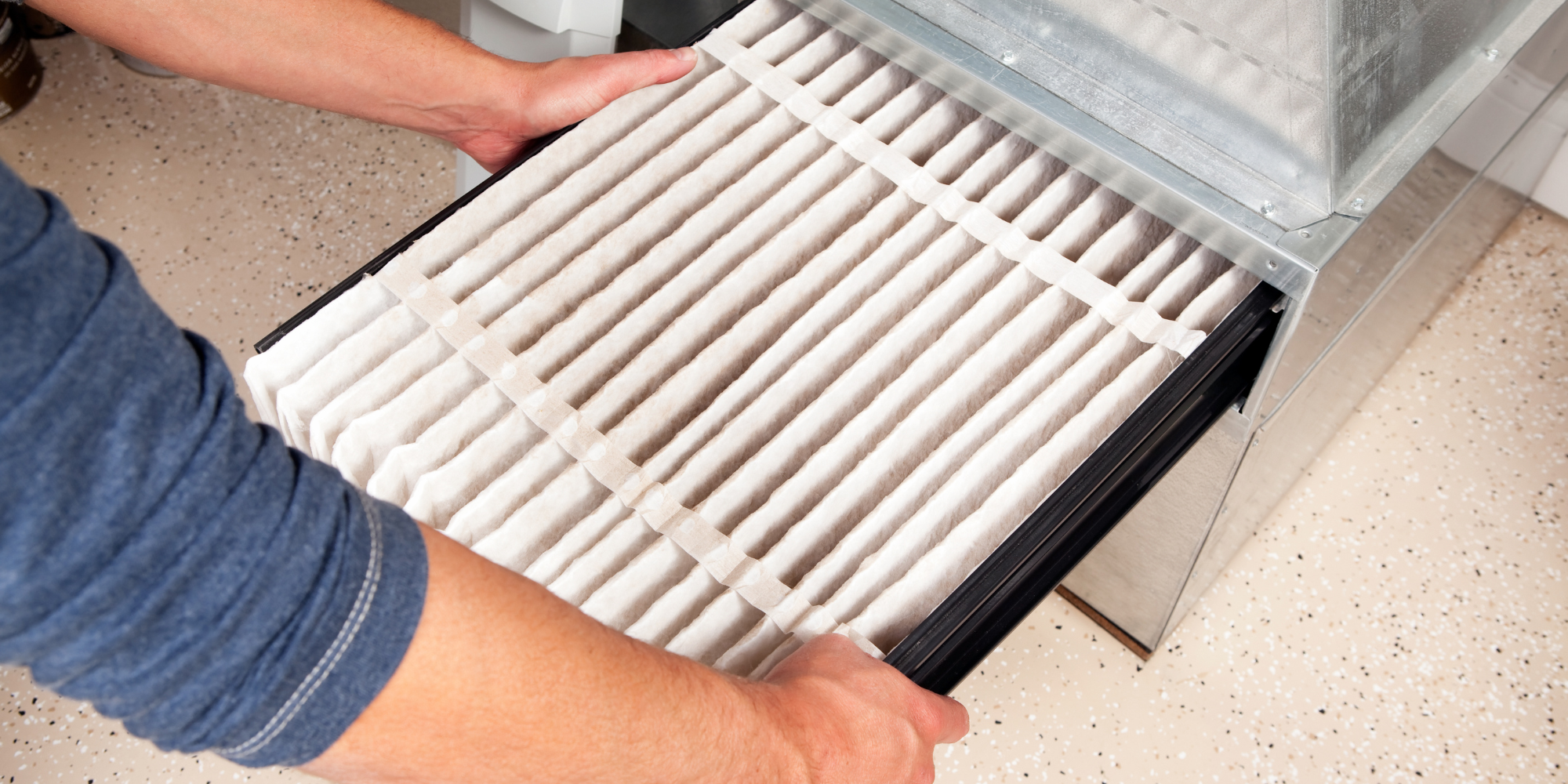7 Tips for Improving Indoor Air Quality with Your HVAC System
Ensuring good indoor air quality isn't just about comfort; it's about safeguarding your health and well-being. With a significant portion of our time spent indoors, the quality of the air we breathe becomes paramount. Fortunately, your HVAC system can be a powerful ally in this endeavor. In this blog post, we'll delve into some practical tips and strategies for leveraging your HVAC system to enhance indoor air quality, creating a healthier and more enjoyable living environment for you and your loved ones.
Regular Maintenance:
Routine maintenance of your HVAC system is essential for optimal performance and air quality. Schedule professional inspections and cleanings at least once a year to ensure that filters, coils, and ducts are free from dirt, dust, and other contaminants. This helps prevent pollutants from circulating throughout your home.
Use High-Quality Air Filters:
Invest in high-efficiency particulate air (HEPA) filters for your HVAC system. These filters can trap a wide range of airborne particles, including dust mites, pollen, pet dander, and mold spores. Regularly replace filters according to manufacturer recommendations to maintain their effectiveness.
Control Humidity Levels:
Excessive humidity can promote mold and mildew growth, leading to poor indoor air quality and potential health issues. Use a dehumidifier in damp areas of your home, such as basements and bathrooms, to keep humidity levels in check. Additionally, ensure that your HVAC system is properly sized to effectively control humidity throughout your home.
Ventilation:
Proper ventilation is crucial for reducing indoor air pollutants and refreshing stale indoor air. Ensure that your HVAC system includes adequate ventilation components, such as exhaust fans in bathrooms and kitchens, and consider installing a whole-house ventilation system for optimal air exchange.
Address Indoor Air Pollutants:
Identify and address specific indoor air pollutants that may be present in your home. Common sources include volatile organic compounds (VOCs) from household cleaners and building materials, as well as tobacco smoke and cooking fumes. Use natural cleaning products, limit indoor smoking, and use exhaust fans when cooking to minimize exposure to these pollutants.
Seal Ductwork:
Leaky ductwork can contribute to poor indoor air quality by allowing pollutants to enter your home's air supply. Seal duct joints and connections to prevent air leaks and ensure that conditioned air reaches its intended destination without contamination.
Consider Air Purification:
In addition to filtration, consider installing air purification systems in your HVAC system to further improve indoor air quality. UV germicidal lights and electronic air cleaners can help neutralize airborne bacteria, viruses, and other pathogens, providing an extra layer of protection for your home.
Your home should be a sanctuary, a place where you can relax and rejuvenate in a healthy environment. By implementing the tips outlined in this blog post and prioritizing proper HVAC maintenance, you can take proactive steps to enhance indoor air quality and create a space that promotes well-being for you and your family. Remember, when it comes to your health, every breath counts, so let your HVAC system be your ally in breathing easier and living better.

